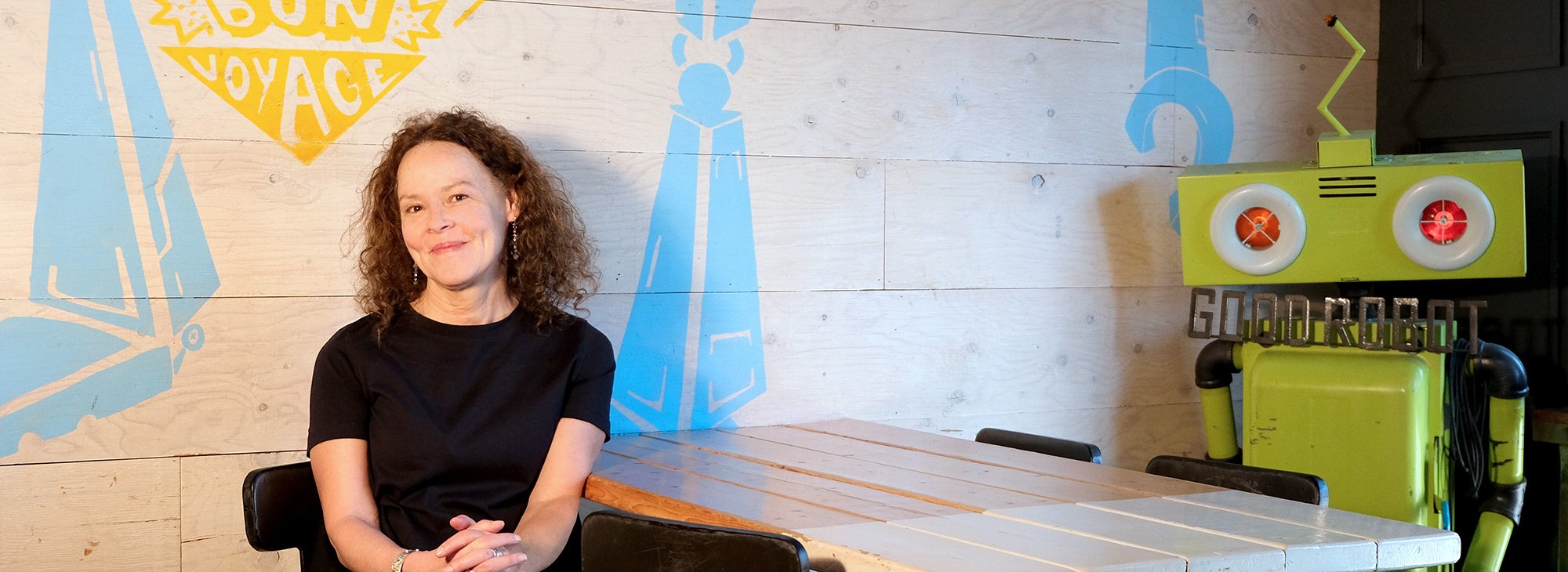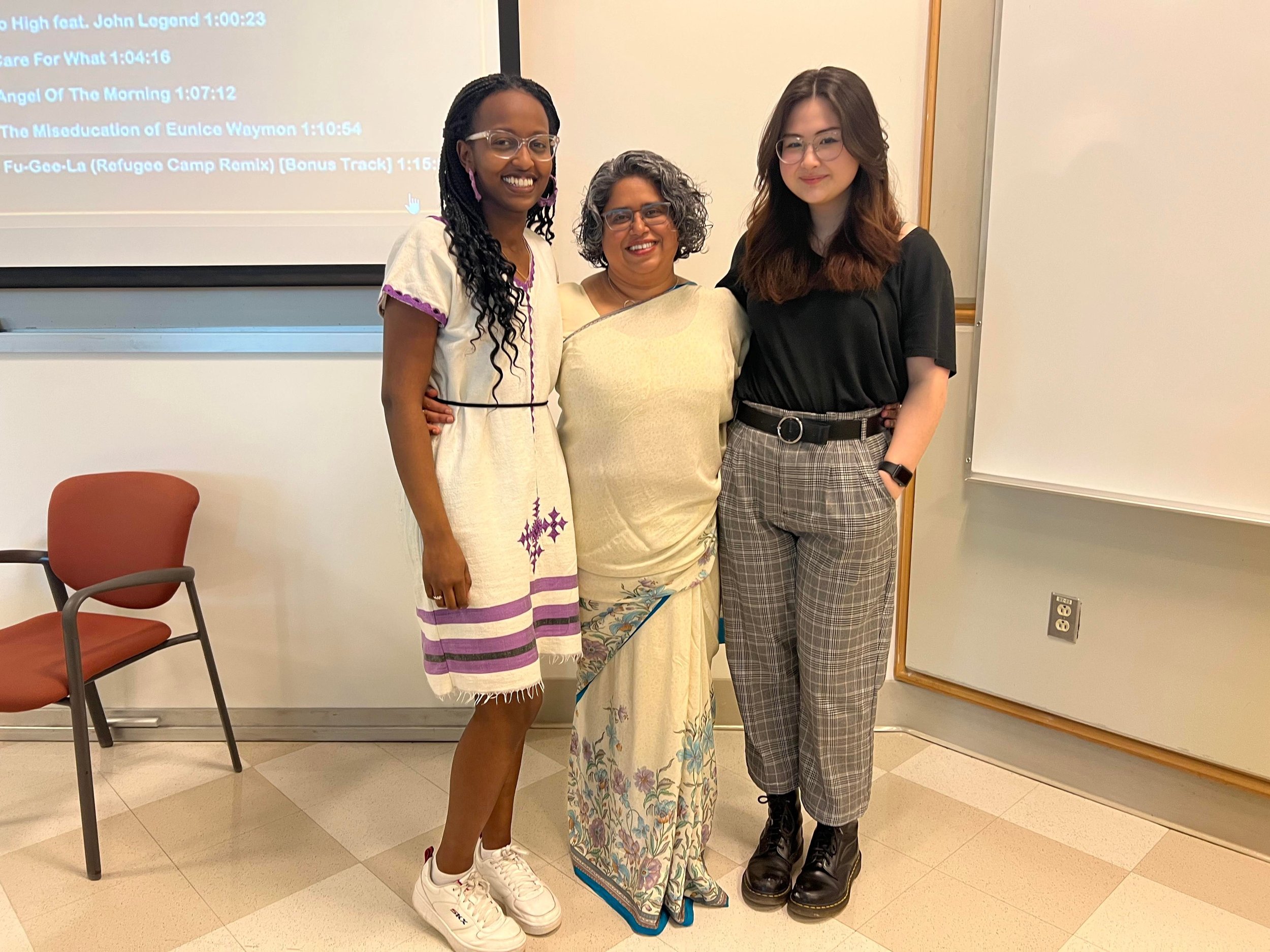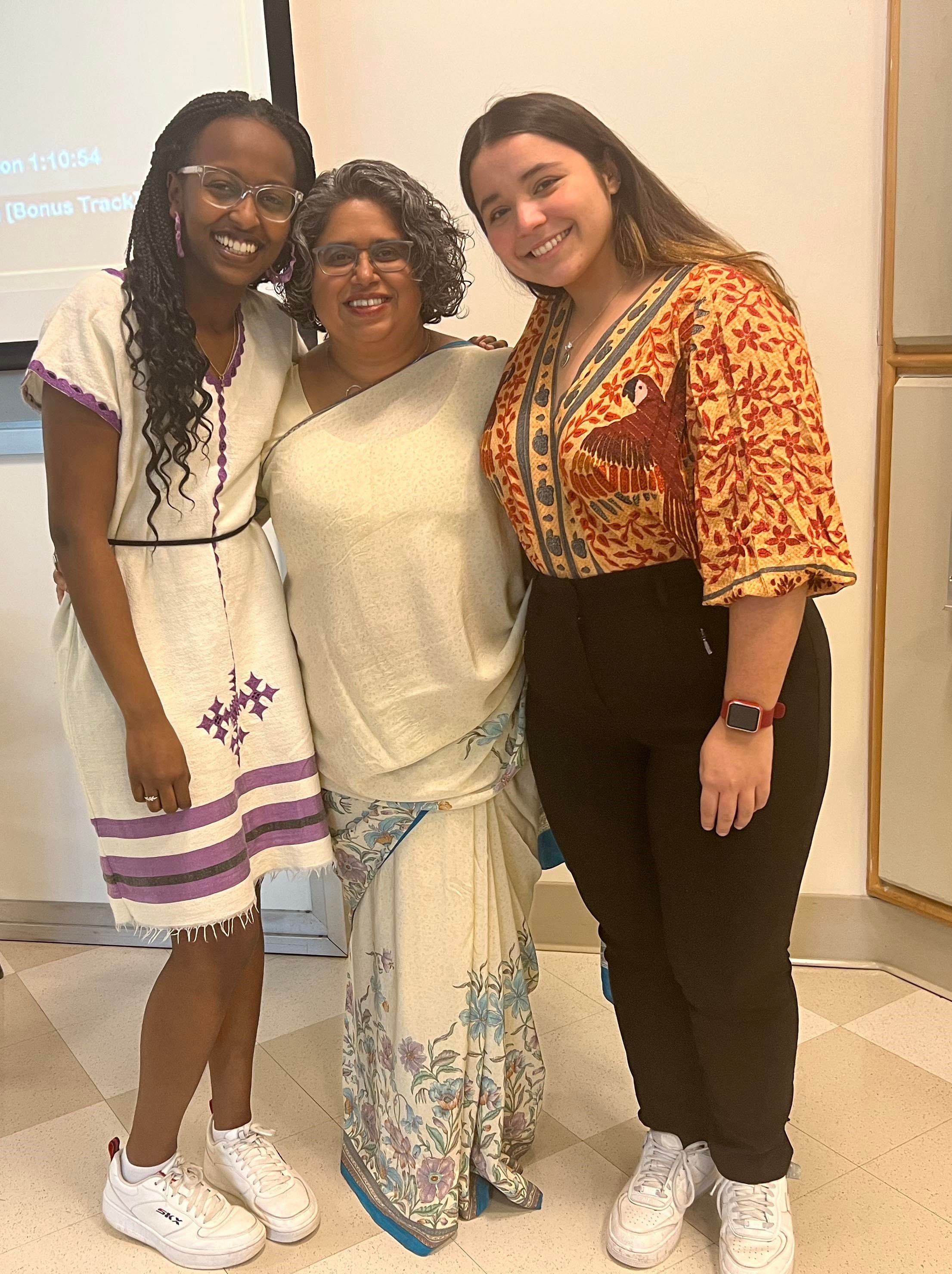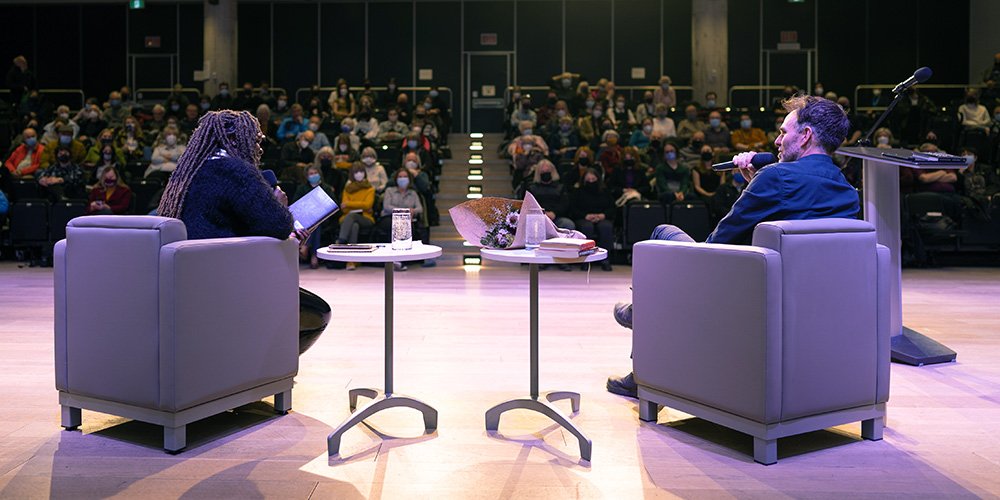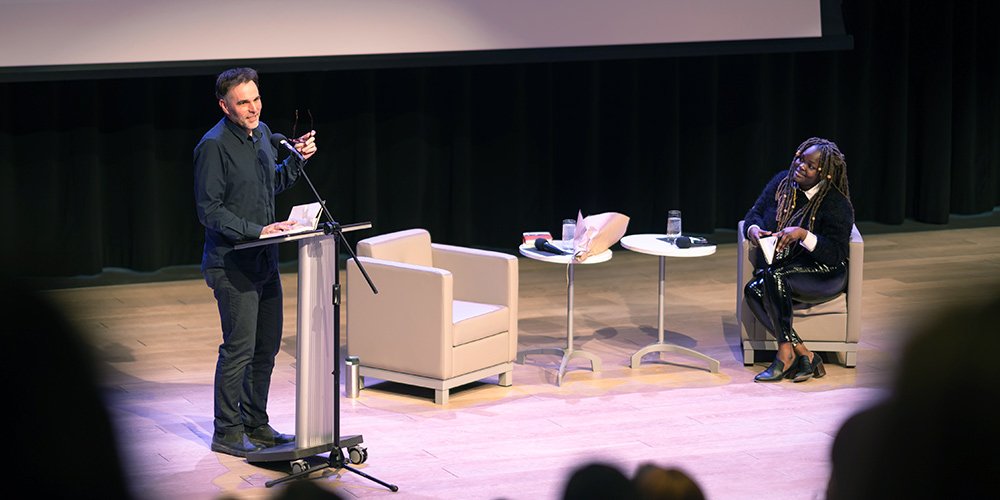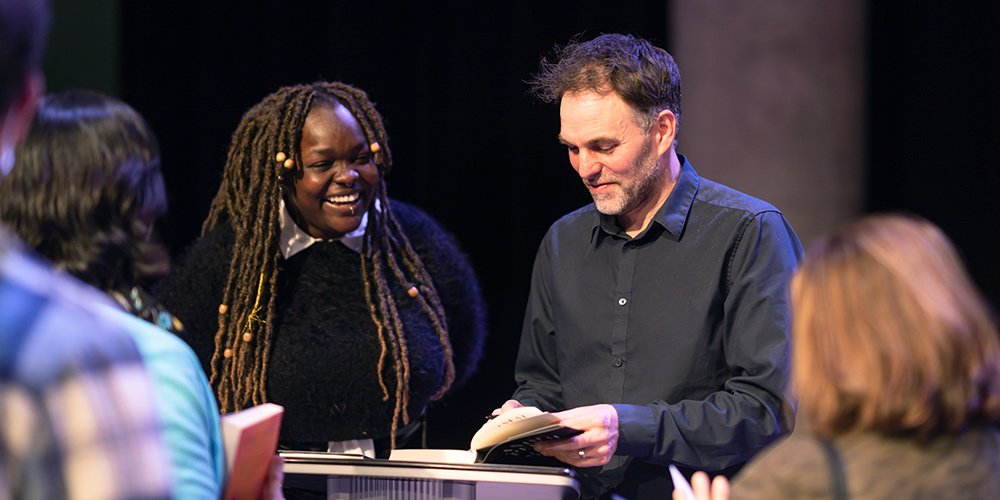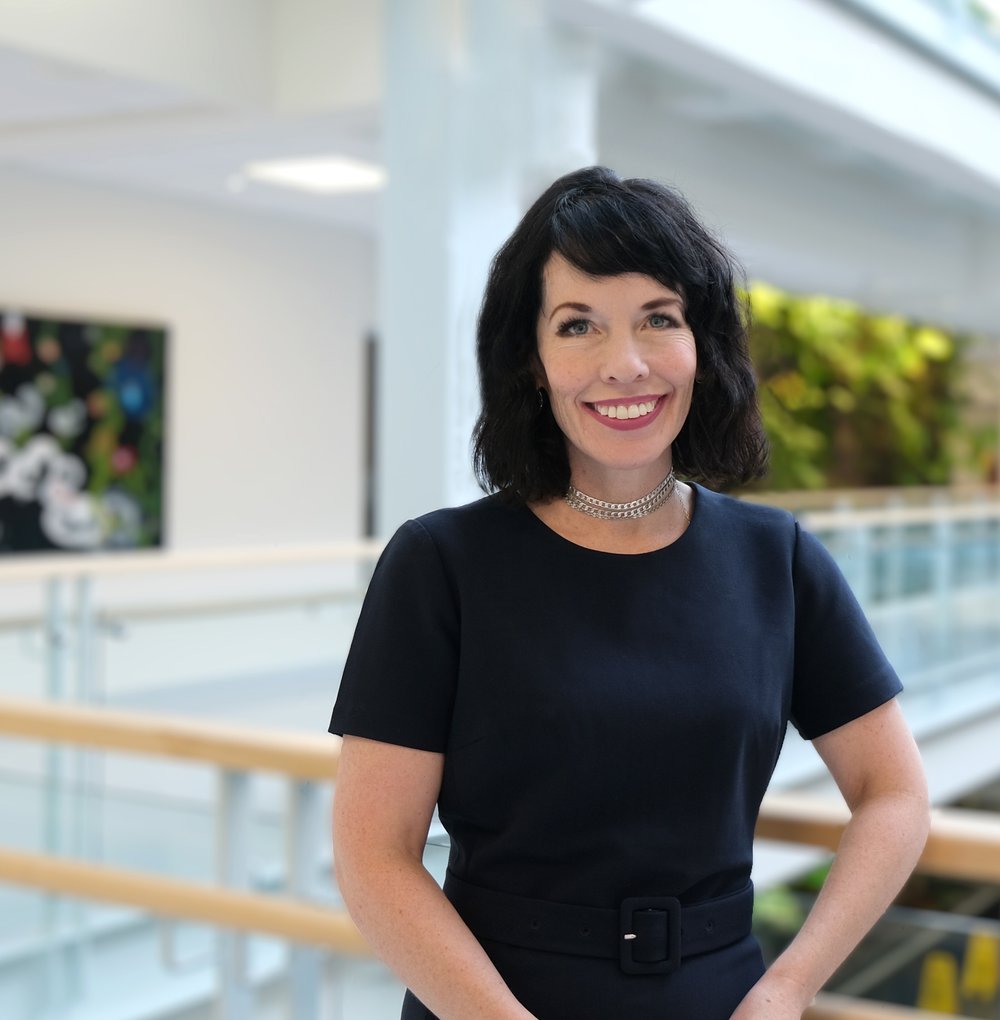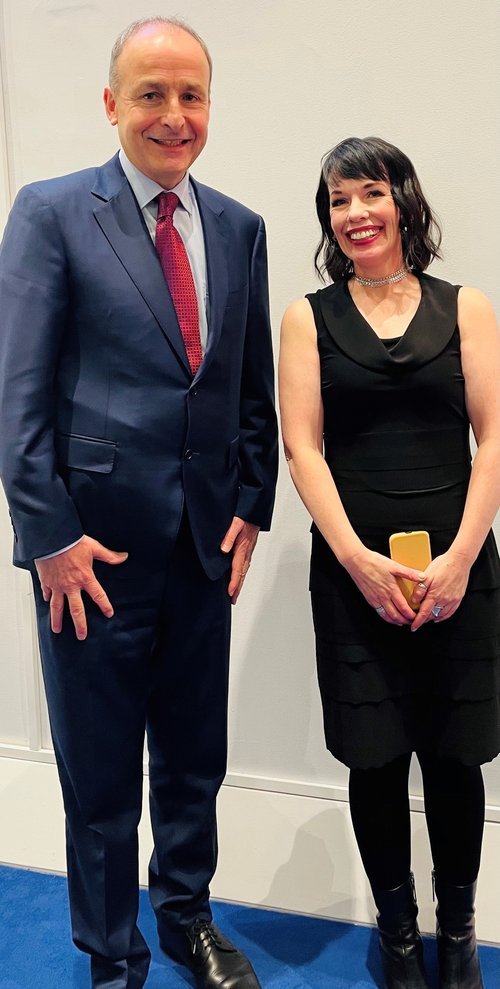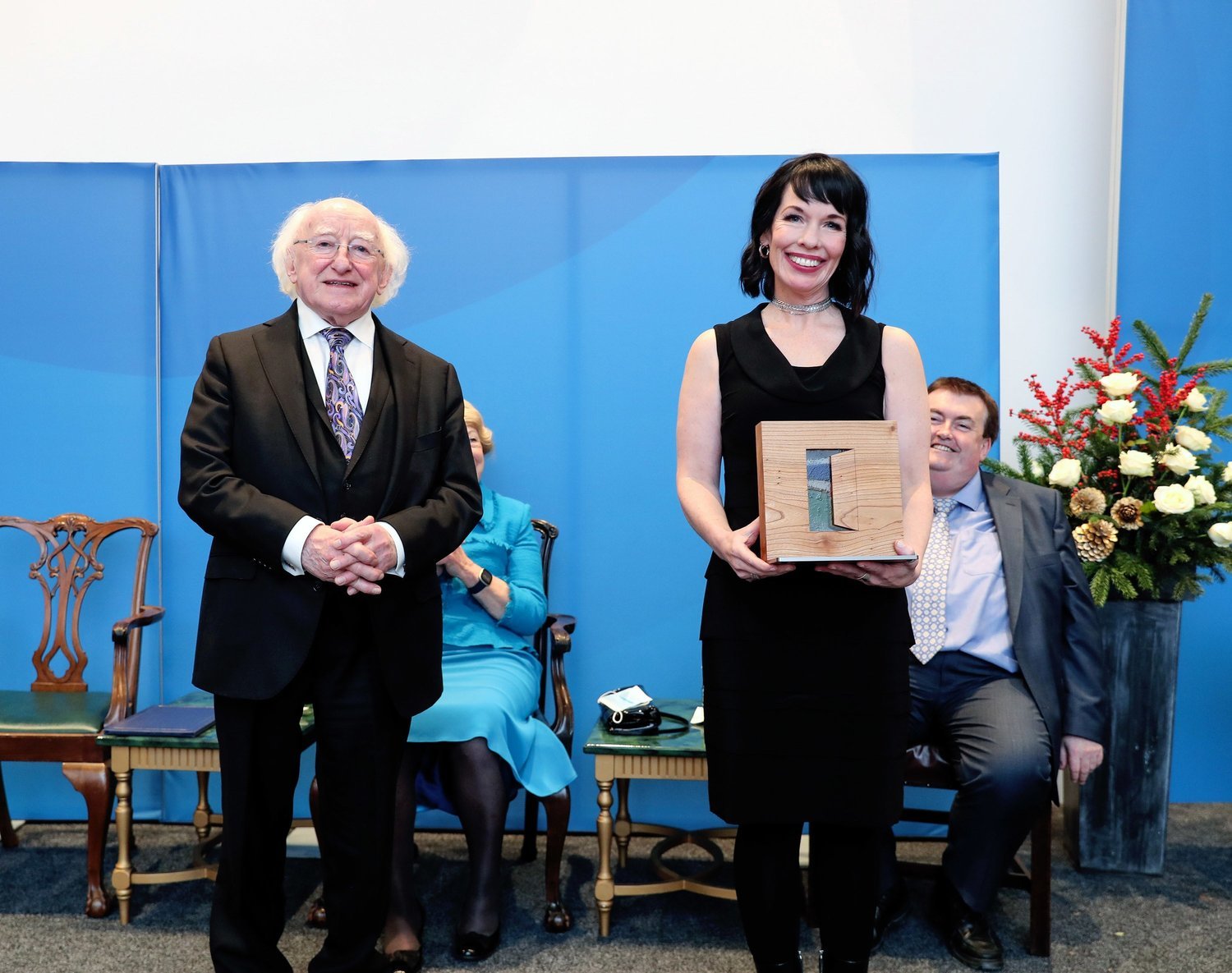Teresa Heffernan
Saint Mary’s University professor Teresa Heffernan is shining a new light on robotics and artificial intelligence (AI) by exploring how the field looks to – and is shaped by – fiction.
As part of her recent work through the Social Sciences and Humanities Research Council, Heffernan’s research investigates popular ideas about the future of AI and the relationship between machine learning and language-based humanities. Although interested in the world of science from an early age, Heffernan became intrigued with AI in 2010 when she began reading about the promises of AI and noticed a common theme.
“I was looking around at different scientific journals and articles, and people kept referencing fiction like it was prophetic – as if the fiction was going to come true,” says Heffernan, a professor in the department of English Language and Literature at SMU. “And if you know anything about fiction, that’s the whole point: it doesn’t come true; fiction has lots to say about the world, but it needs to be interpreted.”
Her curiosity led her to visit some of the top robotics labs in Japan and the United States. Through her discussions with leaders and specialists in the field, she began to question some of the assumptions about AI and to consider its impact on culture and humanity.
“When you’re working in the field, you hear people talk about technology becoming more ‘human’ or more intelligent,” she says. “What they’re talking about are increases in storage, data, computing speed, and more sophisticated algorithms. It actually has little to do with human intelligence.’’
Despite the increasing hype about machine learning, Heffernan is trying to reframe the conversation about AI and robotics, looking instead at its social and environmental impacts.
For instance, she points to research from the Water Resources Center at Texas Tech University that asserts a typical data centre uses about 3 to 5 million gallons of water a day – the same amount of water as a city of around 50,000 people. Heffernan says this industry also produces e-waste and carbon emissions.
“Data often is called the new oil because it’s so lucrative, but it really mimics the resource-intensive and climate-altering infrastructure of older technology like automobiles,” she says. “These complications are easily glossed over in the hype about human-like machines.”
This fall, Heffernan will travel to Germany where she’ll be furthering her research at the Käte Hamburger Centre for Apocalyptic and Post-Apocalyptic Studies at Heidelberg University.
While there, she says she will continue her work sparking new conversations about the future of AI – and how it can be used responsibly and sustainably.
For more information on Dr. Teresa Heffernan’s research, visit socialrobotfutures.com.
Learn more about the department of English Language and Literature.

